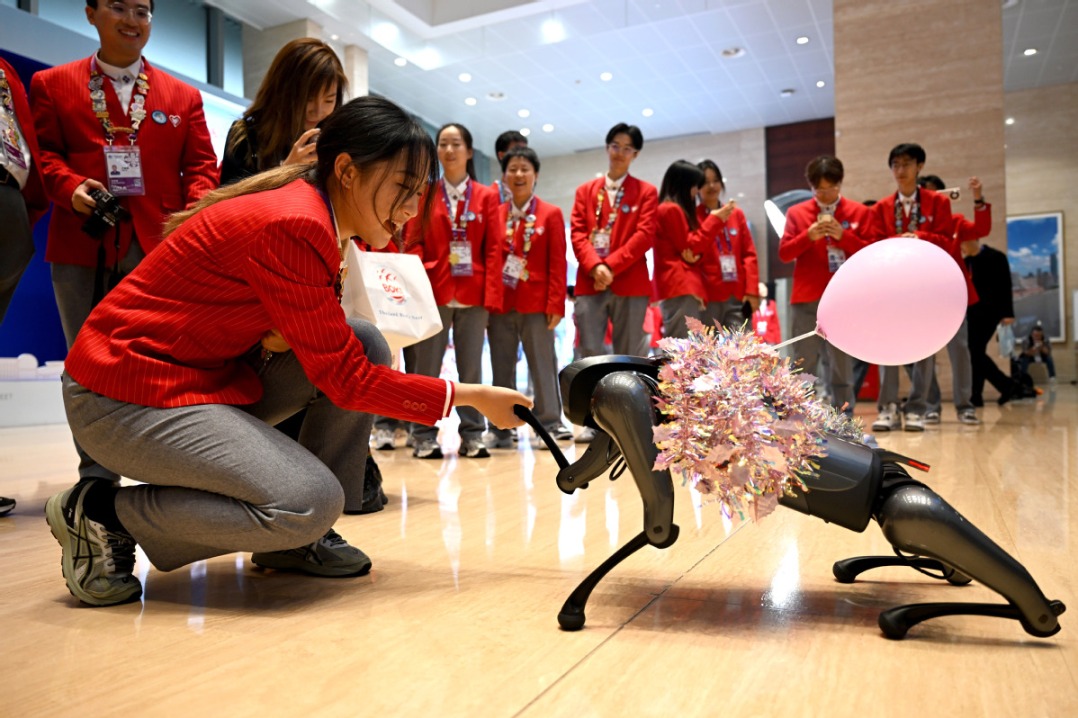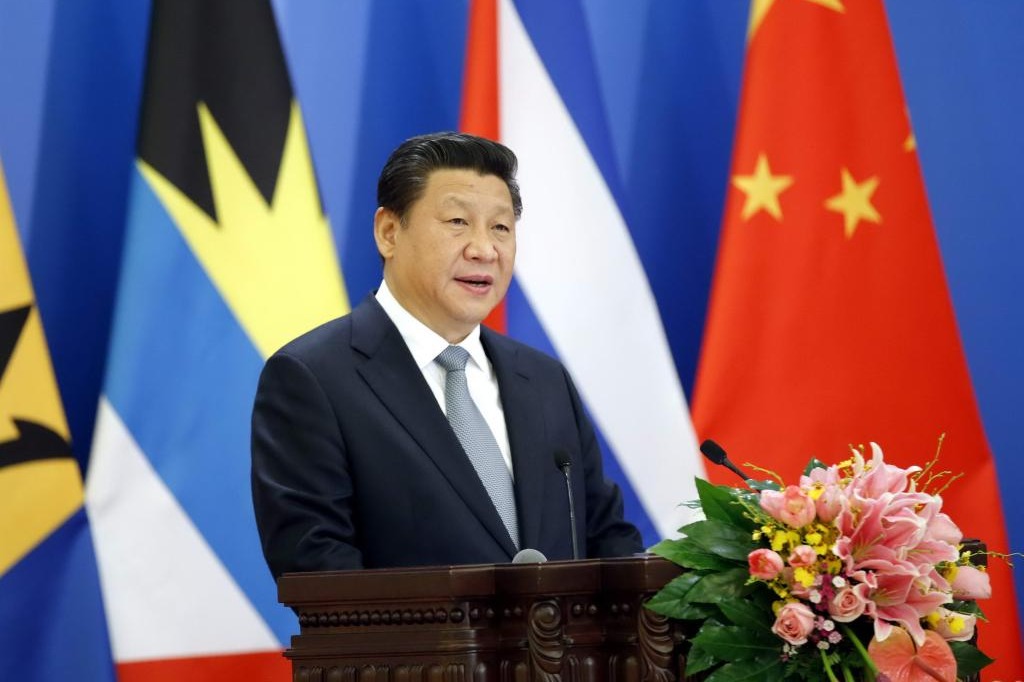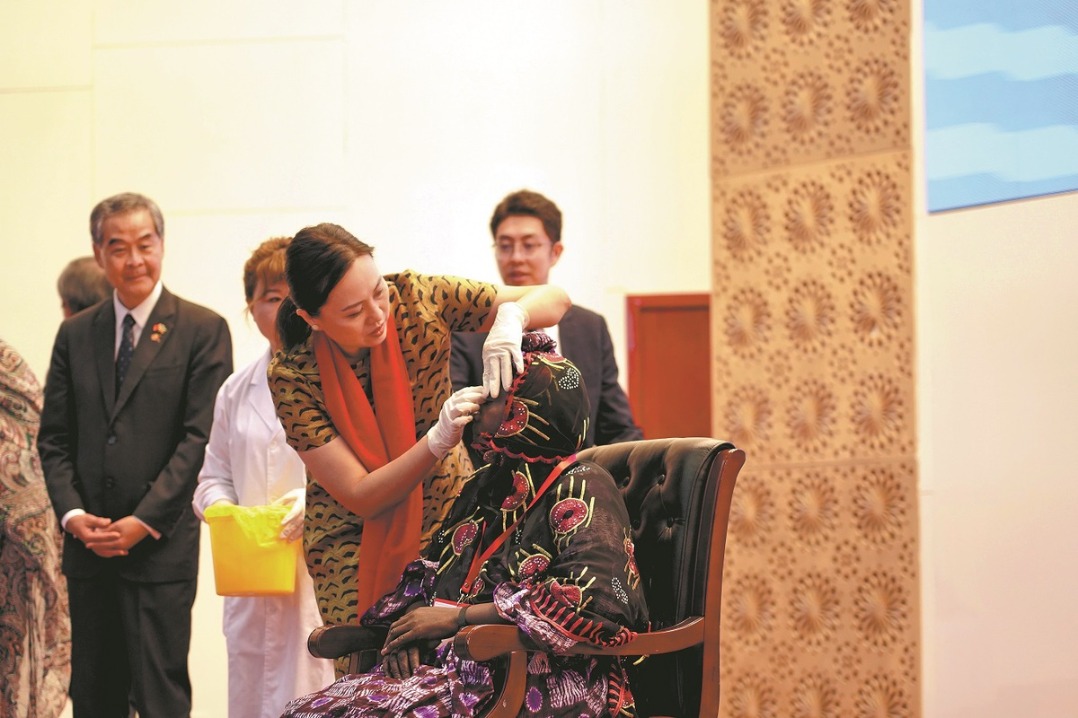SOEs foray abroad with greener roadmap


The Dr. Antonio Agostinho Neto International Airport in Luanda, Angola's capital, is expected to enter service around the end of this year, according to Liu Hongguang, chairman of China National Aero-Technology International Engineering Corp, an AVIC subsidiary and the project's contractor.
The airport's infrastructure will be characterized by eco-friendly and energy-efficient technologies and equipment, and will have a wide range of smart devices, promising comfortable and convenient transit for passengers.
The new international airport in Angola will be the largest ever built by any Chinese company outside of China. If everything goes according to plan, it will be completed by November and start initial operations, he said.
Chinese SOEs are also committed to supplying tech-intensive green products, leveraging their expertise and resources to cater to the specific needs of the BRI-related economies seeking to embrace sustainable technologies, said Liao Jiasheng, general manager of China Logistics Group.
By providing access to innovative and eco-friendly products, they are facilitating the adoption of greener and more resource-efficient solutions, and contributing to the global effort toward a more sustainable future, he said.
China's ongoing endeavor to expand its institutional opening-up and seal high-standard economic and free trade deals, coupled with the rapid growth of its tech-intensive green product industries, are expected to drive Chinese companies to strategically invest in new plants and innovation facilities in overseas markets, said Wang Bijun, an associate researcher at the Chinese Academy of Social Sciences' Institute of World Economics and Politics in Beijing.
China's nonfinancial outbound direct investment in countries and regions participating in the BRI reached 80.17 billion yuan ($11 billion) between January and June, up 23.3 percent on a yearly basis, said the Ministry of Commerce.
Meanwhile, the turnover of contracted projects overseas grew by 7 percent year-on-year to 490.1 billion yuan, while the contract value of newly signed projects amounted to 655.98 billion yuan, down 2.3 percent on a yearly basis.
Power Construction Corp of China, or PowerChina, a Beijing-based central SOE, said earlier this year that the Barisal power plant in Bangladesh — invested and built by the company — obtained a commercial operating certificate from the Bangladesh Power Development Board in mid-April.
Sitting in a crucial area of the Bangladesh-China-India-Myanmar Economic Corridor adjacent to the Bay of Bengal, the coal-fired power plant — located in the Barguna region in the country's south — has an installed capacity of 350 megawatts.
The operation of the power plant will greatly improve the country's energy structure, relieve its power supply and demand imbalance, and generate new growth opportunities, said Wang Xiaojun, vice-president of PowerChina.
























